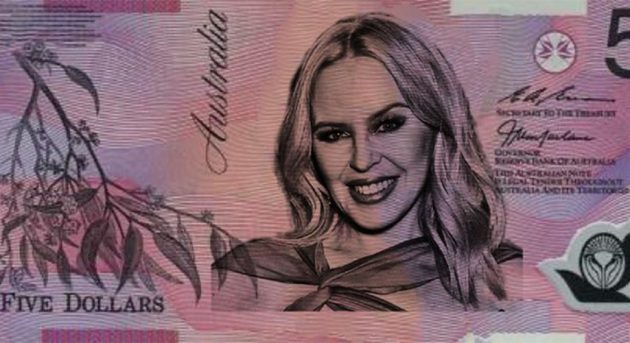Is now the time for Australia to take the starring role?
In the immediate aftermath of the death of Queen Elizabeth II in September last year, support for Australia to become a republic dampened. Affection for the late monarch held the republican campaign at bay somewhat. Let’s not forget that the 1999 referendum rejected radical change. After all, Queen Elizabeth’s face had been a familiar feature on Aussie banknotes since 1966, when the Australian dollar replaced the British pound. The decision to nix such an ingrained part of everyday life is not an easy one.
But dust settles. Old arguments are resurrected. And in January this year it was reported that the quest to become a republic was once again gathering momentum. Amid all the brouhaha surrounding the British royal family, not least the unsavoury Harry and Meghan saga, Australians were voting with their feet. According to pollsters Resolve Political Monitor, public support for a republic increased from 36 per cent to 39 percent, while votes against a republic fell.
At the same time, Indigenous Voice advocates are becoming impatient. This week, First Nations leader Pat Turner has expressed disappointment at the slow pace of eradicating Indigenous disadvantage. And Monday 13 February marks a significant anniversary: it will have been fifteen years to the day since Kevin Rudd’s public apology to Stolen Nations. Words are all very well – but actions are the agency of change. And with a perfect storm of disaffection with the monarchy and growing support for Indigenous Voice, the time for action could well be now.
Theatre has an important role to play in this movement. Julian Meyrick, author of the incisively curated Australia in 50 Plays, speaks of the organic relationship between the arts and culture: ‘Every thing we fear, love, desire, detest and hope for, drama does too’. Drama does, as it were, hold a mirror up to nature. This is something recognised by Sydney Festival’s first creative artist-in-residence, Jacob Nash, who believes we should listen to myriad Indigenous voices. Under his aegis, last month’s festival offered up a range of perspectives. One of narratives highlighted was Tracker (which had an all First Natives cast), the story of a Dubbo man who joined the New South Wales police force in 1911 and became the state’s first Indigenous sergeant, tracking bushrangers and serial killers.
So hearing a range of voices is vital, given the relationship between national identity and public representation. As Meyrick points out, ‘[n]ational dramas do not spring up like mushrooms in a field. They are the result of repeated acts of cultural exchange’. On this theme. Meyrick’s book is something of a game-changer. First of all, through his selection of plays for inclusion in his book, he dispels the myth – propounded by New Wave propaganda – that Aussie drama offered little of value pre-1960s. Secondly, he draws out the common motifs in the history of Australian theatre, such as the unique landscape and the scars of colonialism. Thirdly, the nub of his commentary seems to be this: ‘To have a better national culture, Australia need[s] to have a better idea of what a nation [is]’.
This idea of a nation can, of course, be expounded and promoted by what appears on the nation’s stages. Advances are being made on this front. In the past five years, a large number of shows staged by the flagship theatre companies have been penned by new Australian writers. The problem, Meyrick argues, is that these shows tend not to have repeated runs – a necessity in order to become imprinted in the Aussie consciousness. This triggers another issue – as a generalisation, Aussie performances tend not to be particularly exportable, hence the rest of the world is denied access to the essence of Australian identity.
For anyone interested in both republicanism and Australian theatre, Meyrick’s book is a must-read. It has been described both as a love letter to Aussie drama and a call-to-action to revive dramas that have something to say about being Australian. And with the current government picking up the Indigenous Voice blueprint set out by Morrison’s administration, the timing is opportune – after all, governments usually tend to tear up the policies of their predecessors; consequently, politics trump First Nation priorities. So there is an opportunity here. And if not now, then when?




